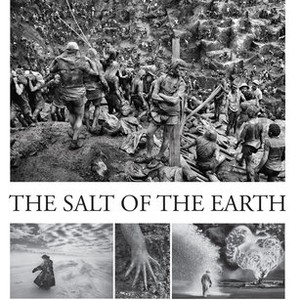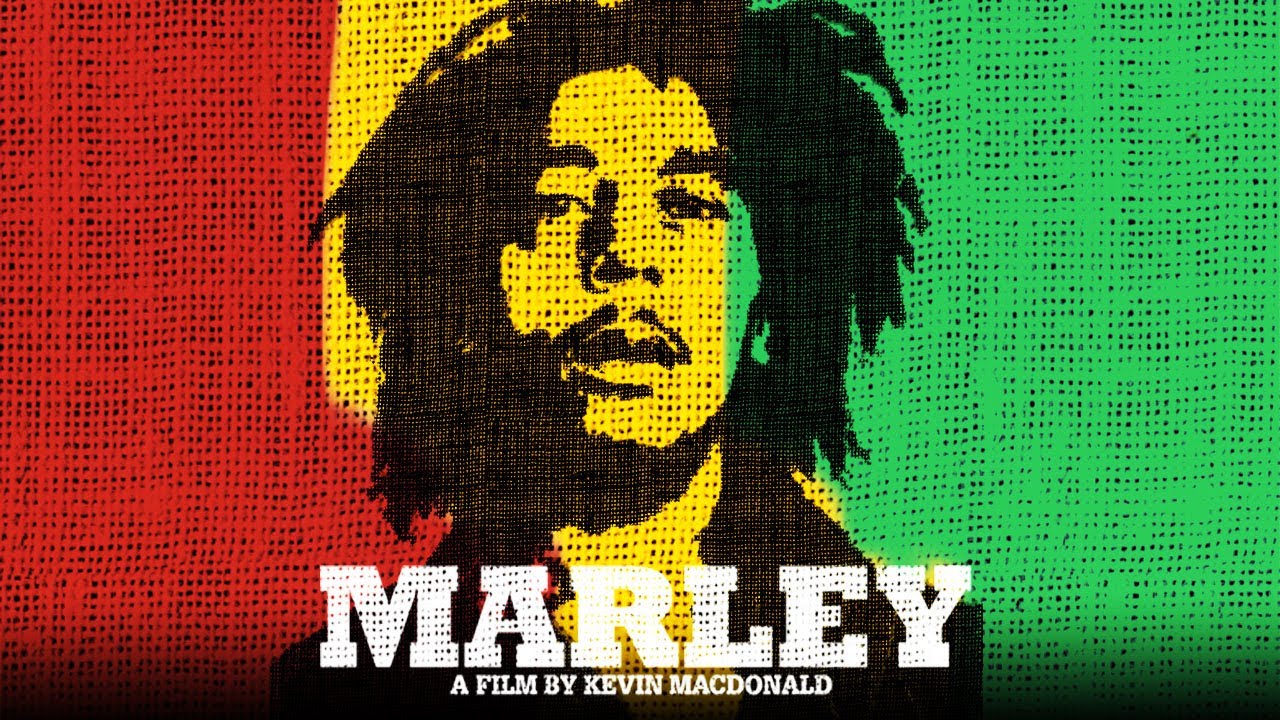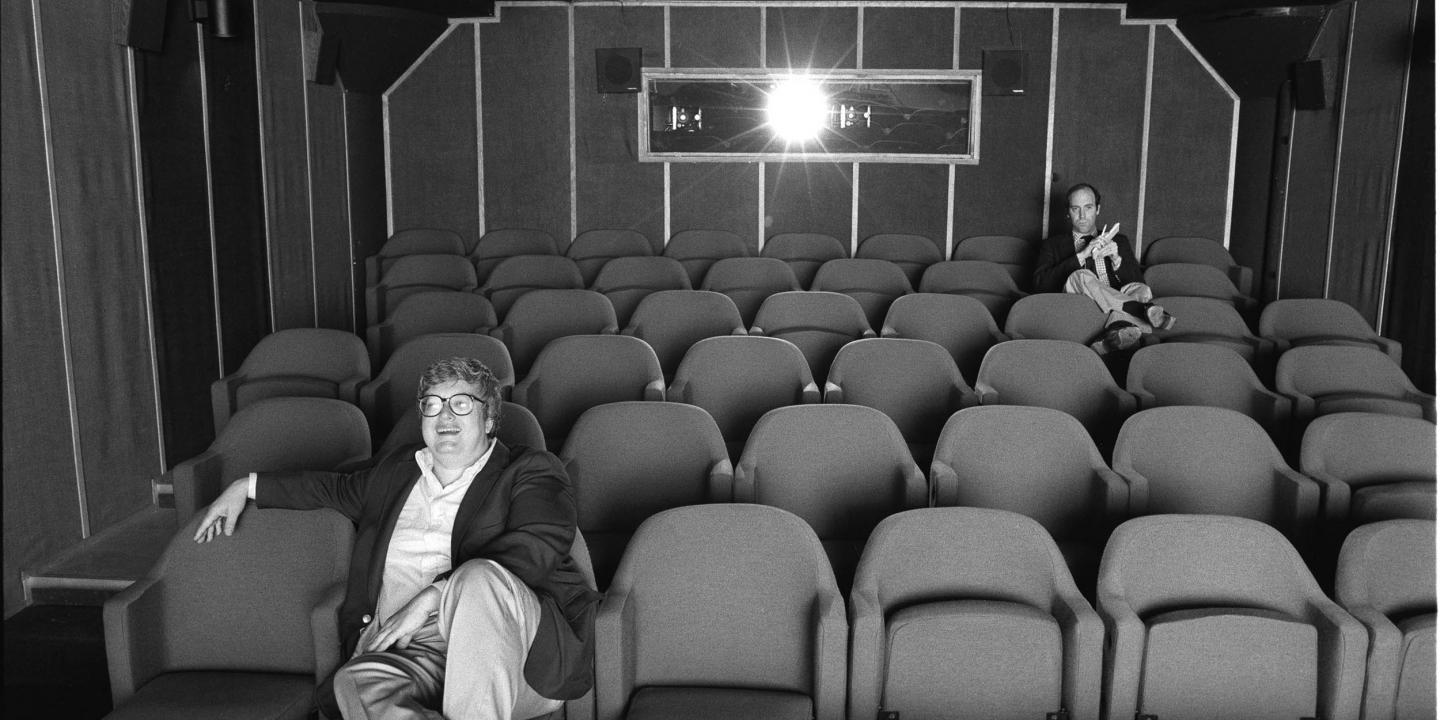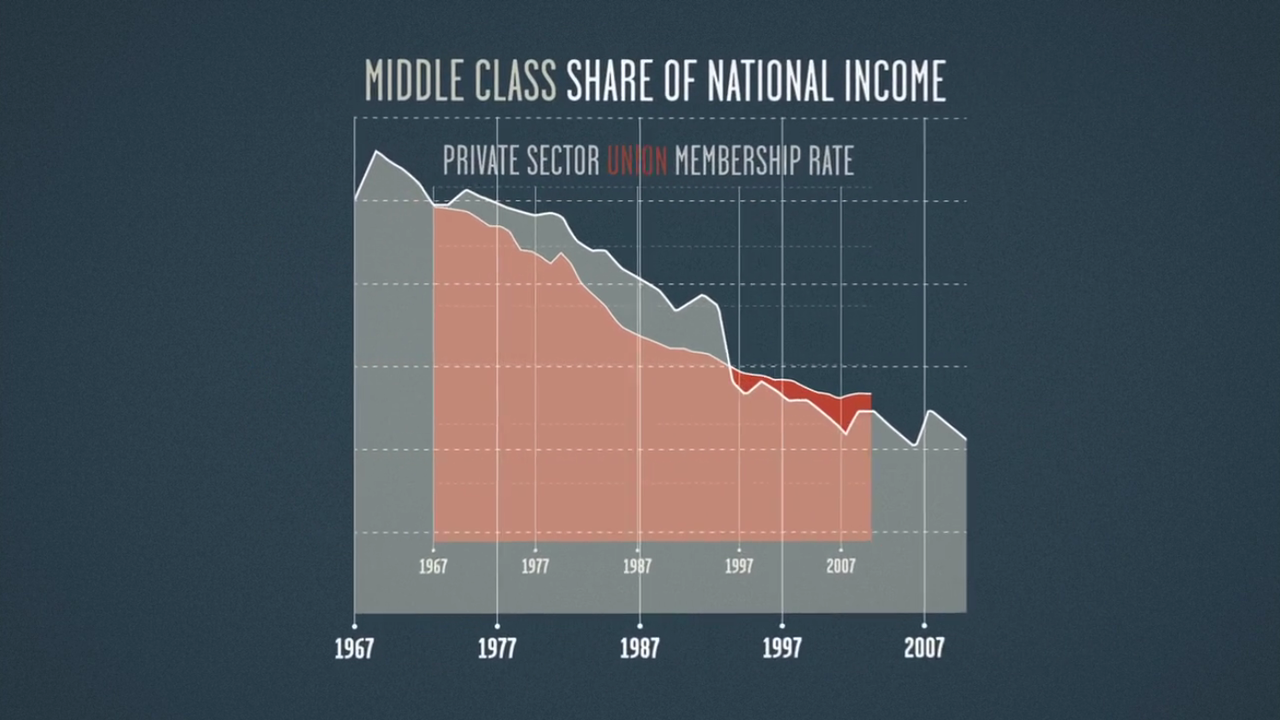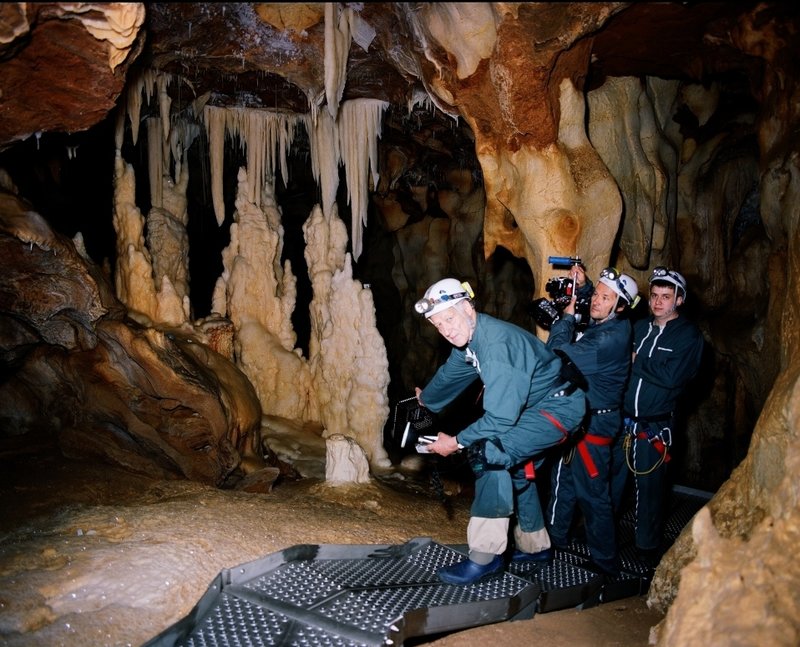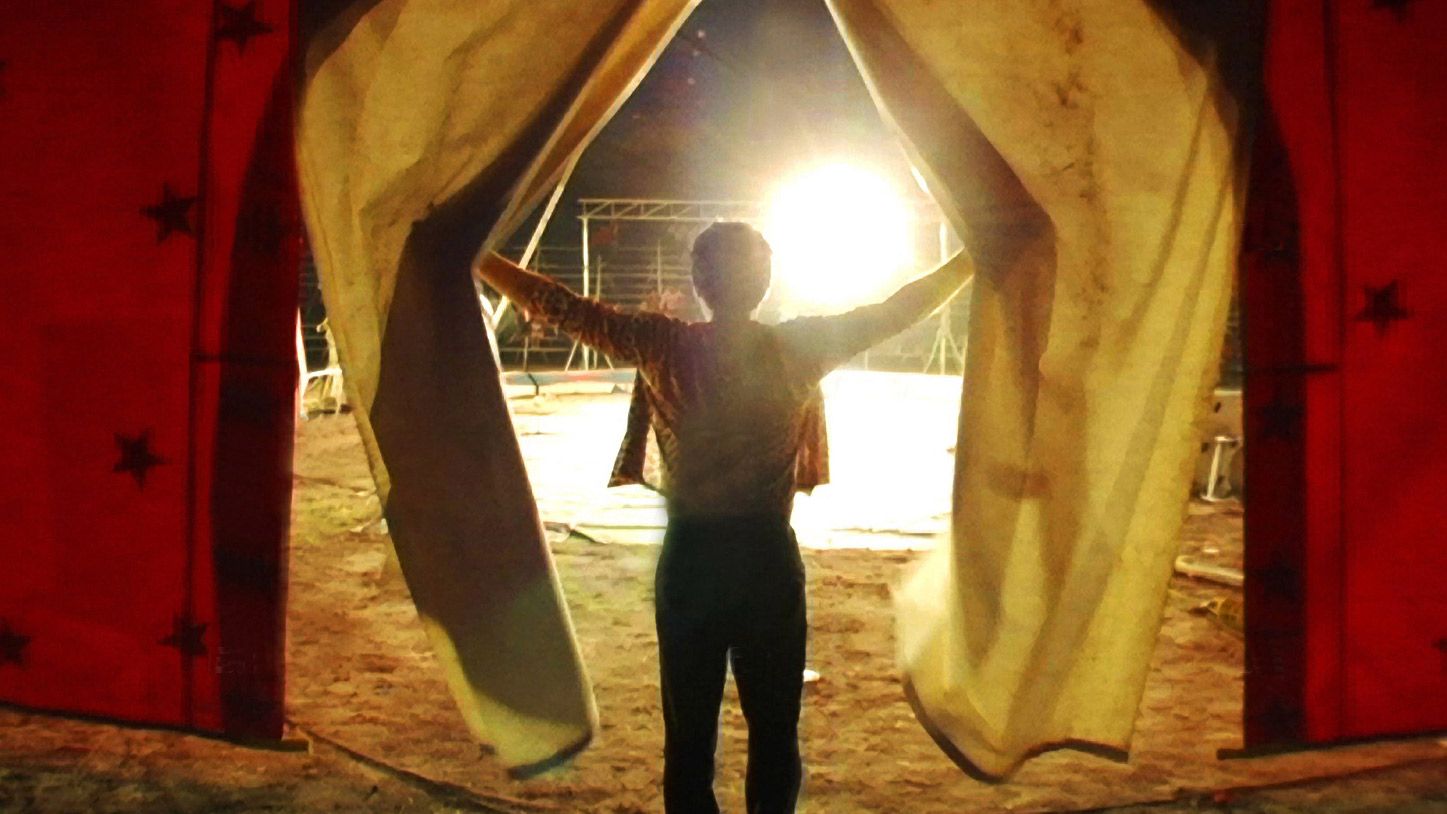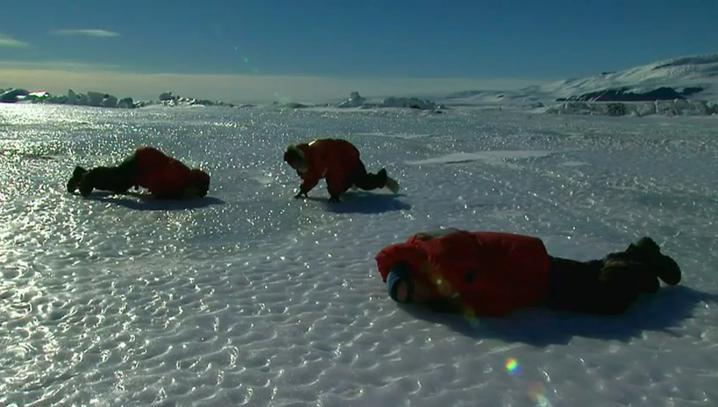Our Daily Bread
Director: Nikolaus Geyrhalter, Watched on: DVD, Rating: 4.5/5. I would time your viewing of Our Daily Bread thoughtfully. The film will most likely influence your upcoming trip to the grocery store. It may ruin your next meal. It will most certainly kill your appetite. A German-Austrian production directed and shot by Nikolaus Geyrhalter, Our Daily Bread contains no narration, talking heads, characters, music, special effects, or on-screen graphics, including location identifiers. The entire movie consists of magnificently composed, dynamically rendered scenes of food production. From farm fields to greenhouses to cattle cars to slaughterhouses, we watch–sometimes in disbelief, but most often in horror–at the utterly dehumanized, mechanized, highly technological systems man has created to get the very stuff that sustains our world from the plant and the animal it comes from into our mouths and stomachs. After the 90 disturbing, but breathtaking minutes of this movie, you will never look at the food you eat the same way again. With explicit irony, we watch scene after scene of vast fields of crops sprayed with pesticides; of cavernous greenhouses hosed down with chemicals; of stadium-sized barns stuffed to standing-room-only with hens; of baby chicks speeding down conveyor belts and shot off into bins; of salmon crammed into underwater pens, then harvested into tubes and finally sliced by mechanical saws. There’s more: pigs are prodded into a dumpster sized contraption, squeal for their lives, and then tumble out dead, before a gigantic electric slicer guts them, their intestines slide out, and their hooves are scissored off by [...]


